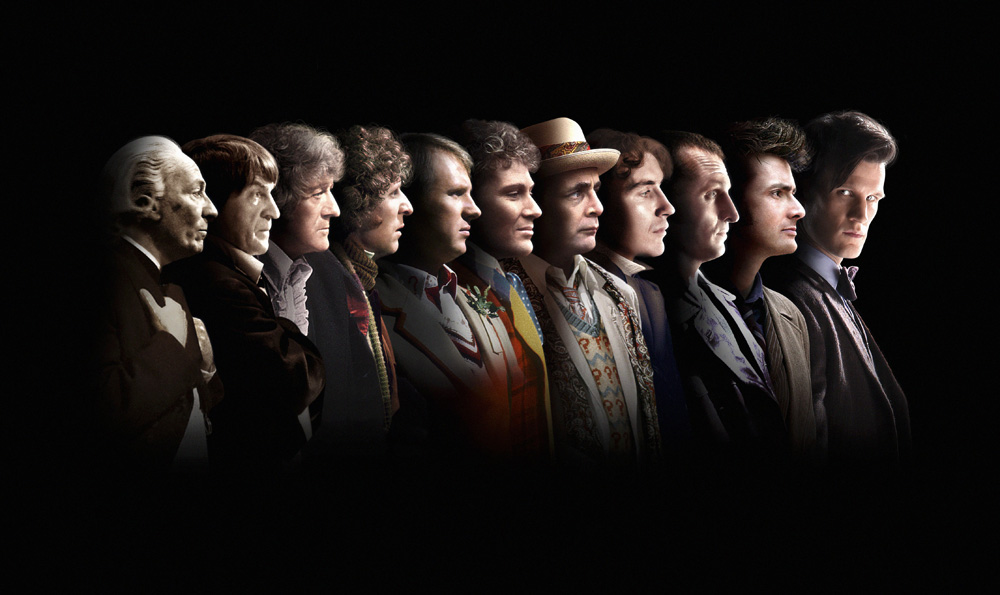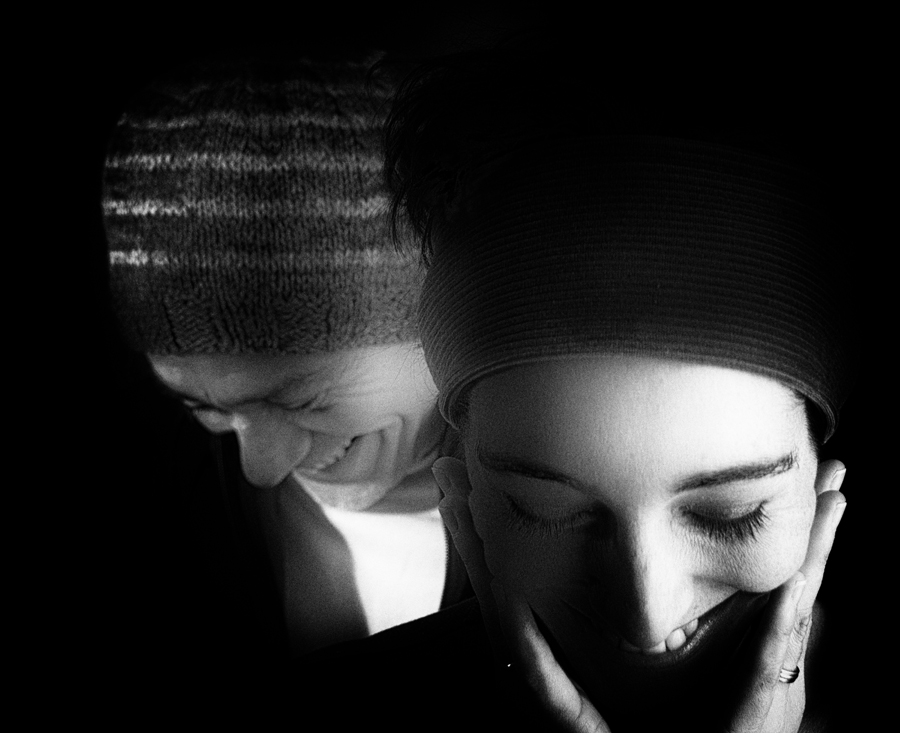
This article was written by Rebecca Jade Hignett – A die hard Doctor Who fan who is to appear on the Graham Norton show this weekend to question David Tennant and Matt Smith.
On 23rd November 1963, the entire world watched one of the most momentous occasions of the 20th century – news coverage of the assassination of John F. Kennedy the day before. However, when everyone else was sat watching that, a cultural phenomenon was born, the first ever episode of Doctor Who.
A programme about a centuries old alien (Time Lord) who traveled through space and time in a telephone box, was almost completely ignored in favour of the news. A week later however, when it was repeated for an audience who were fully concentrated on watching, a new era of television began.
In a show that has consistently broken boundaries of television programming, perhaps the most incredible story is that of the unforgettable theme song.
 |
 |
Written by Ron Grainer and recorded by Delia Derbyshire, it marked the beginning of a new age of score music. It was recorded long before synthesizers were available, and in the most painstakingly slow way – each note had to be taken from individual tapings of a single plucked chord and then transformed into the electronic sound the song is famous for. Some of the most familiar sounds we hear in it were made in hugely unconventional ways – the TARDIS sounds were made by keys running up and down piano strings for example.
After months of meticulous work modifying each note separately, they had to be pieced together in the most incredible way – the tapes were literally cut and stuck together to match the tune. As if that wasn’t enough, they then had to mix all the individual sections of the piece, but given that there was no mixing system available, they invented one themselves. By the end of the process, the track was so unique that Grainer himself asked Derbyshire if he had actually written it!
Nowadays, Murray Gold composes the music for Doctor Who, and has reinvented the theme song three times, each to reflect the personality of the Doctor to which it pertains. He brought out a piece of music named ‘Vale Decem’, written to send off the 10th Doctor in his final episode. This piece of music caused such a stir in the internet community of Doctor Who fans that it has been named the best piece of music from the show by ‘What Culture’.

Doctor Who has even inspired its own genre of music, inspired by the phenomena of Wizard Rock, the Harry Potter rock – Trock, or Time-Lord-Rock. The most prominent Trock band is Chameleon Circuit. Made up of a group of well known British Youtube stars, their album Still Got Legs debuted at number 23 on the Billboard Heatseekers list.

In Doctor Who’s 50 years, it has become so ingrained in British culture that the theme song is known by everyone – it was even performed at Glastonbury in 2010 by Orbital.
The music of the show has evolved from being recorded in a tiny studio to having its own night at the Proms, and the 50th anniversary episode should have the best music yet!
“The Day of the Doctor”is the 50th anniversary special. Written by Steven Moffat, who also serves as executive producer alongside Faith Penhale. It has been described by series producer Marcus Wilson as a “love letter to the fans”. It will be shown on BBC One on 23 November 2013 at 19.50 GMT in both 2D and 3D. The special is due to be broadcast simultaneously in several countries, and will also be shown concurrently in 3D in some cinemas.



